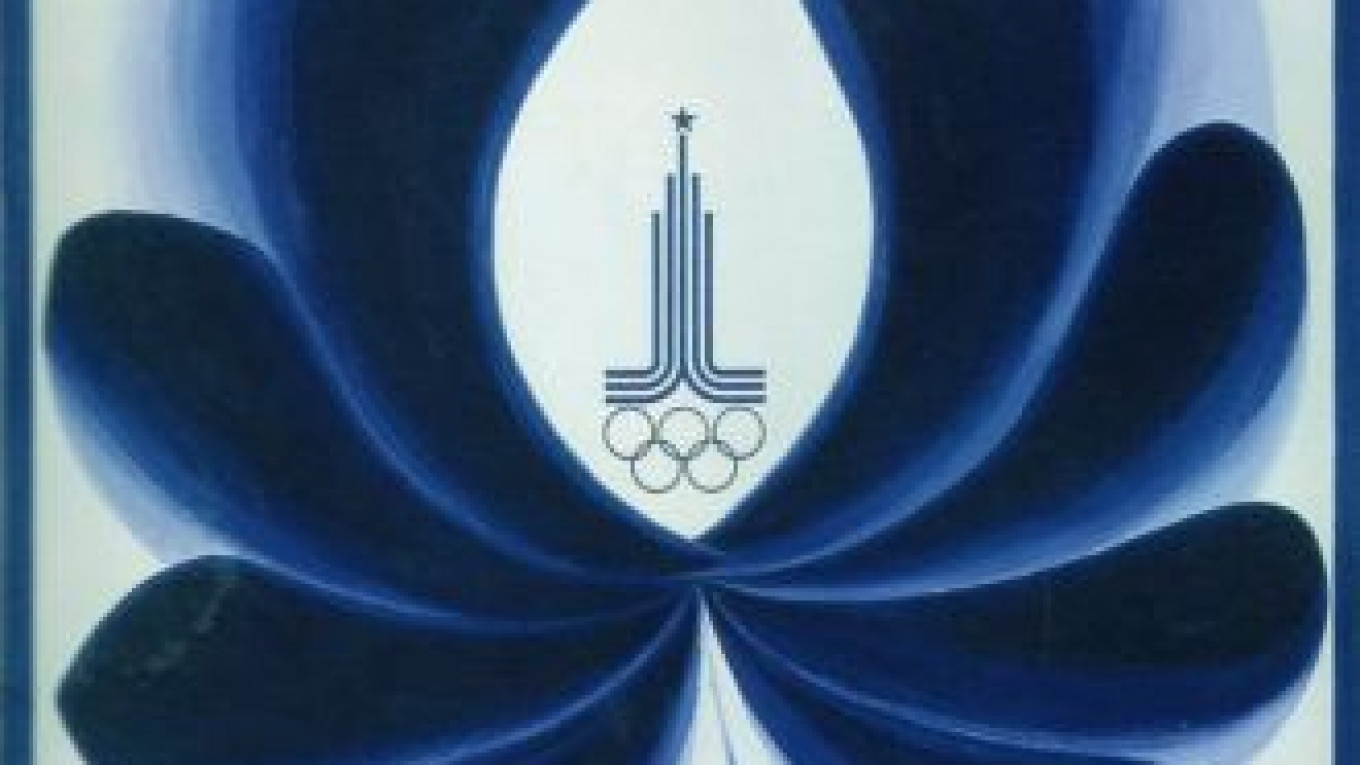Thirty years after a bear called Mishka floated into the sky at the Moscow Summer Olympic Games, the Russian federal archive provides a fascinating glimpse at what went on behind the scenes and how the country’s leaders dealt with the staging of the games.
The exhibit shows us the time Soviet leader Leonid Brezhnev flip-flopped on the idea of staging the games after he learned how much they would cost. “This event costs a huge amount of money. Maybe we should reconsider this question and not host the Olympics,” Brezhnev wrote to fellow party members in a letter, one of hundreds of documents that have been declassified from the archive.
“The majority of documents were just recently made public, and most of them are on display for the first time,” the archive’s deputy director Alexander Prozumentshikov said on the eve of the exhibition’s opening earlier this month.
An early visitor was Alexander Zhukov, the newly elected head of the Russian Olympic Committee, perhaps hoping for some tips before Russia hosts the Winter Olympics in Sochi in 2014.
The Soviet Union was awarded the right to host the Moscow games in 1974 at the International Olympic Committee session in Vienna. But real problems began later, as secret Politburo messages show, after the Soviet Union invaded Afghanistan in 1979, leading to the United States boycotting the games.
Letters on display show Brezhnev appealing to U.S. President Jimmy Carter to change his mind about the boycott. Many of the United States’ allies, including West Germany, boycotted the games. In turn, the Soviet Union and its allies would boycott the games in Los Angeles four years later.
Most interestingly, Brezhnev expected the West German leaders to change their mind about the boycott right until the start of the games. Brezhnev suggested giving a four-wheel drive Niva to German Chancellor Helmut Schmidt in an attempt to butter up the German leader.
“Schmidt has a summer house on the seaside near Kiel where roads are not that good, and I think he would like the present,” Brezhnev proposed, according to the document on display.
Despite the boycott, athletes from 81 countries, including France and Britain, took part in the games.
For Muscovites, the games were noticeable for the extra-clean streets, English-language announcements in the metro and never-before-seen foreign goods in stores. Children were sent out of the city to summer camps, and dissidents were warned not to make any public statements during the games.
Soviet security officials also kept an eye on Western athletes: “One French runner planned to decline his medal and make a political speech,” said retired KGB General Filip Bobkov, who took part in the preparation for the games, speaking before the exhibition’s opening. “We met with a head of the French team, convincing them to talk to the runner. But he never made the top three.”
Mixed in with the archive’s documents and photos of athletes and political leaders, there is a collection of Olympic memorabilia, featuring Mishka, the Soviet Olympic mascot, as well as the modest Olympic blazers worn by the Soviet team, a far cry from today’s flashy tailored Bosco outfits.
Another note also shows how times have changed as Soviet officials write optimistically about how Moscow’s theaters, with a number of plays dedicated to communist achievements, could entertain the expected tourists and make up for the lack of bars and clubs in the city.
“Five Rings Under the Kremlin Stars” runs till Aug. 22 at the Russian Federal Archive, 17 Pirogovskaya Ulitsa. Metro Park Kultury. Tel. 245-8125, www.rusarchives.ru.
A Message from The Moscow Times:
Dear readers,
We are facing unprecedented challenges. Russia's Prosecutor General's Office has designated The Moscow Times as an "undesirable" organization, criminalizing our work and putting our staff at risk of prosecution. This follows our earlier unjust labeling as a "foreign agent."
These actions are direct attempts to silence independent journalism in Russia. The authorities claim our work "discredits the decisions of the Russian leadership." We see things differently: we strive to provide accurate, unbiased reporting on Russia.
We, the journalists of The Moscow Times, refuse to be silenced. But to continue our work, we need your help.
Your support, no matter how small, makes a world of difference. If you can, please support us monthly starting from just $2. It's quick to set up, and every contribution makes a significant impact.
By supporting The Moscow Times, you're defending open, independent journalism in the face of repression. Thank you for standing with us.
Remind me later.






